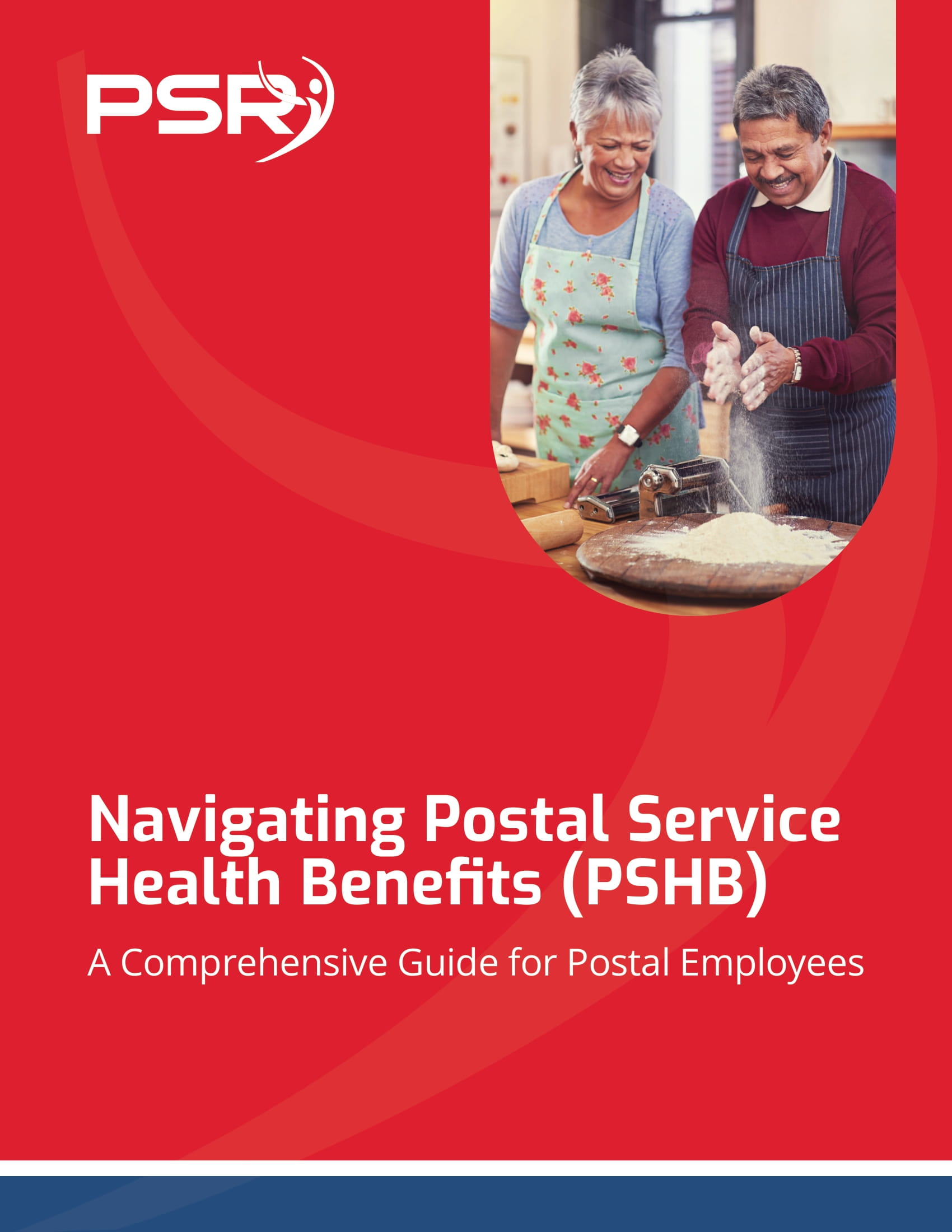Savings accounts, money market accounts, and certificates of deposit (CDs) can help boost your savings by accruing interest, all the while keeping your funds safe.
Understanding how these interest-bearing accounts function and how they differ will help you make the best decision.
What’s a money market account?
A money market account is an interest-earning savings account that’s available at the majority of banks and credit unions. You can generally use it to write checks and may be issued a debit card.
According to Federal Reserve Regulation D, a money market account is deemed a deposit account; therefore, the number of transactions, like transfers and withdrawals, is restricted to six each month. Some transactions, such as cash withdrawals from ATMs or bank tellers, don’t qualify as one of the six transactions. There are several exceptions to the rules. Contact your bank to find out its policy.
Money market accounts used to offer more interest than traditional savings accounts, but the yields are nearly identical in today’s historically low-interest-rate environment. If you find a better-yielding money market account, be ready to maintain a higher minimum amount or adhere to other criteria to receive the highest rate.
To discover the best rates, go to Bankrate to compare money market accounts.
What’s a savings account?
A savings account is the most basic form of bank account that’s designed for keeping your savings.
When you open a savings account, you’ll put some money into it. You can add and withdraw money as needed, but you won’t get a checkbook to access the funds. Instead, you’ll need to rely on online transfers or make in-person withdrawals at your bank. Certain banks will allow you to make ATM withdrawals if you have a debit card connected to a checking account.
Banks usually limit the number of times you can make a withdrawal from your savings account to six per statement period. Going above the limit may result in a fee, underlining how the account is intended for long-term storage rather than frequent transactions.
In exchange for allowing the bank to store your money, the bank will pay you interest on your savings account’s balance. Each statement period, the bank will deposit interest into your savings account, helping your balance increase.
Some banks impose minimum balance requirements and levy fees for savings accounts. Keep a watch out for these kinds of fees since they can eat away at the value of your savings over time.
What’s a CD?
A certificate of deposit (CD) is a type of savings account that allows you to store money for a set period of time.
When you open a CD, you must decide how much money to deposit and how long you want the money to remain in the account. You could, for example, open a one-year CD. The duration of a CD might range from a few months to five years or more.
Once the account is opened, you’ll be unable to withdraw funds until the specified time period has passed. If you do, you’ll typically be charged a penalty fee. In return for this lack of flexibility, banks tend to offer greater interest rates on CDs than on other accounts.
Most CDs have fixed rates for the duration of their term. Once your interest rate is locked in, it won’t change, making CDs ideal for savers who want to ensure that their interest rate won’t decrease. However, if market rates rise, the money in the CD will be locked in at a lower return, making long-term CDs risky.
Money market account vs. CD
A money market account, as opposed to a CD, has checking account characteristics. For example, you can usually write checks from it. You could also be able to obtain a debit card. Furthermore, a CD is a time deposit account, but a money market account is not.
A money market account typically pays less than a CD since a CD requires you to maintain your money in the account for a specified period of time. According to Bankrate, some of the best money market accounts yield up to 0.60 APY, while some three-year CDs can pay up to 1%. Higher-yielding money market accounts usually require you to maintain a greater balance.
Money market account vs. savings account
The flexibility and fee structures are the main differences between money market accounts and savings accounts.
Savings accounts are rather flexible, but unlike money market accounts, they generally don’t provide checkbooks or debit cards. Money market accounts are specifically designed to provide account users with an easy option to spend the funds in their accounts. Savings accounts are less flexible, and you must take a few more steps to spend money in the account.
Another difference is that savings accounts are typically much simpler and less expensive to open. Many savings accounts offer no or low minimum balances and fees that are easy to avoid or non-existent. Many money market accounts require a considerably greater minimum balance and charge monthly fees. That makes them more attractive among those with higher balances who desire the flexibility to make big purchases.
Advantages and disadvantages of money market accounts, savings accounts, and CDs
To compare these products, it’s necessary to first understand their pros and cons.
Money market accounts
Generally, money market accounts provide a greater annual percentage yield (APY) than regular savings accounts. Find out how your financial institution compounds interest. Daily compounding is most probable, with interest paid out monthly. In addition, look to see if the APYs are tiered. Frequently, you’ll have a lower APY until you get to a certain balance, at which point the APY increases. For instance, a balance of $100,000 or more may earn a greater interest rate than a balance of $10,000 or less.
Advantages
- Higher interest: In general, you may expect a greater rate of interest when compared to interest checking accounts and many ordinary savings accounts.
- Accessible funds: A money market account may have check-writing features, a debit card, and the capacity to make electronic transactions.
- A safe haven for your funds: Your account will be protected from loss at any credit union or federally insured bank,
Disadvantages
- Limited withdrawals: Opposite to a checking account, which doesn’t restrict any sort of transaction, money market accounts do. You cannot write an endless number of checks or make an unlimited number of electronic transfers.
- Account minimums: You’ll be usually required to maintain a larger account minimum than with a savings account or even a CD.
- Monthly fees: If you don’t reach the account minimum, you’ll likely be charged a monthly fee.
Savings accounts
Savings accounts with no minimum balance restriction are currently yielding around 0.50% APY. Some savings accounts have minimum balance restrictions, but they are often lower than those of a money market account. However, like with a money market account, withdrawals are limited.
Advantages
- A safe haven for your funds: Savings accounts with Federal Deposit Insurance Corporation (FDIC) and the National Credit Union Administration (NCUA) institutions are both insured and very liquid.
- Low fees and minimums: There are high-yield savings accounts with no monthly fees or minimums.
- Access ATMs: You can normally access your savings account through ATMs, making it easy to get money when you need it.
Disadvantages
- Lower interest rates: The APY on a savings account will most likely be lower than the APY on a CD.
- Withdrawal limits: There’s a set number of withdrawals you can make per month.
Certificates of deposit (CDs)
The most restrictive of these savings accounts is a certificate of deposit. To open a CD, you must usually deposit a minimum amount of money, and the money is locked away for a set length of time, depending on the term you choose. The duration of a CD can range from a few months to five years.
On Bankrate, you can compare the best CD rates.
If you take out money before the CD matures, you can expect to pay a penalty. Depending on the CD’s size, you could earn a greater APY on it than you would on a savings or money market account.
Advantages
- Higher Interest rate: Not only do CDs usually have higher interest rates than other savings accounts but their interest rate is also fixed and doesn’t change throughout the term, as it does with money market and savings accounts.
- No fees: Unless you withdraw your money early, you won’t be charged any fees.
- Term length options: You may decide how long you want to tie up your funds for it to generate interest. Banks frequently provide a variety of CD terms.
Disadvantages
- Low liquidity and access: You cannot withdraw funds from a CD via an ATM or by writing checks. Unless you make an early withdrawal, the funds are inaccessible.
- Penalties: Withdrawing funds before the CD term expires will result in a penalty. Some CDs enable you to withdraw money without penalty, but they usually have lower APYs and other restrictions.
Who should open a money market, savings account, or CD?
The type of account you should open depends on your financial situation and your goals. If you don’t have much money to begin with, a savings account makes sense because you may find accounts with no minimums.
A money market account is an excellent alternative if you want to earn a greater APY and can satisfy a higher account minimum. It’s also a great choice for those who need quick access to their money.
If you know you won’t need the money for some time and want to earn a higher APY, a CD is a good option. However, you should only commit the amount of money you know you won’t need before the CD matures.
How to use money market, savings, and CDs to save for your financial goals
Each of these accounts can help you in saving for a variety of purposes. You may use these accounts in tandem to achieve your objectives and maximize your earnings.
- Short-term goals: A savings account is ideal for short-term goals such as a vacation. You won’t get much interest, but it won’t matter much if you need the money soon.
- Medium-term goals: Since it requires a larger minimum balance and offers a greater rate, a money market account is more suitable for medium-term goals. Additionally, it’s liquid enough that if you need to access your cash sooner than intended, there are no penalties to pay.
- Long-term goals: CDs make sense if you’re saving for a long-term goal, like buying a house, especially if you have a large amount of money that you can afford not to touch for an extended period of time. Plus, CDs come with a fixed rate, so you won’t have to worry about rate changes.
The risks of using money market accounts, savings accounts, and CDs
Although FDIC insurance protects your money in the event of a bank collapse and NCUA insurance protects your money in the event of a credit union failure, there’re other risks to bear in mind when you consider these savings products:
• Inflation: The most significant risk you’ll probably face is inflation. Your return may not keep up with inflation as consumer prices rise. Although you won’t lose your principal, your purchasing power may erode over time.
• Interest rate fluctuations: Some accounts are more susceptible to the macroeconomic climate than others. Market circumstances determine savings, money market, and CD yields. When interest rates fall, your yield falls with them.
Since you lock in the rate for the term duration of the CD, you have some protection against rate volatility. However, if the CD matures during a low-rate environment and you renew it, you’ll be left with a lower yield than before.
Many investors opt to mitigate the risk of inflation by investing in other assets, such as stocks.












